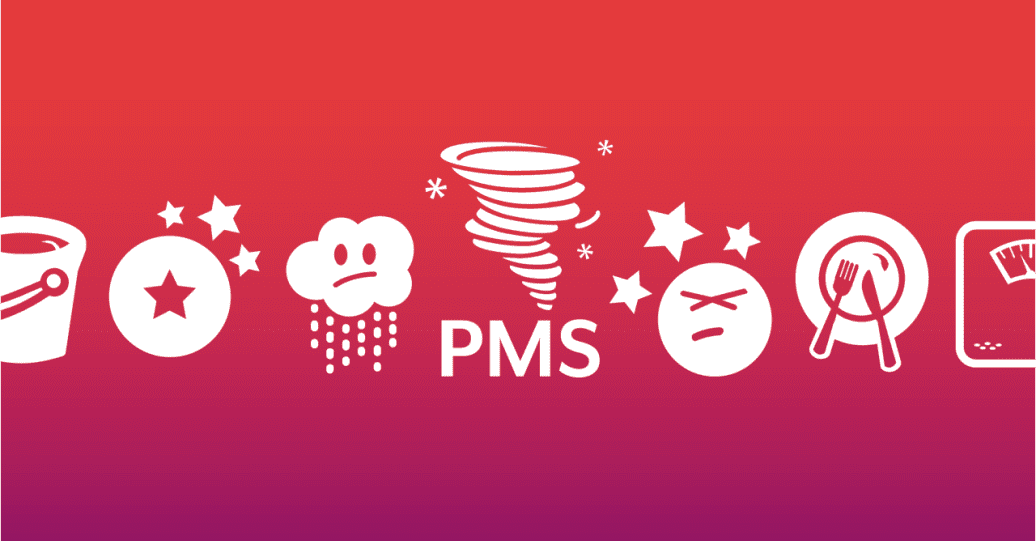THINGS YOU MIGHT NOT KNOW ABOUT PREMENSTRUAL SYNDROME
 Jul,27,2020
Jul,27,2020
In simple words, Premenstrual syndrome (PMS) can be described as a condition that affects the behavior, physical health, and emotions of a woman during certain days of her monthly menstrual cycle. PMS is actually a common health issue in women and the symptoms of this issue affect approximately 85 percent of all menstruating women.
The symptoms of PMS generally begin 5 to 11 days before the menstrual cycle and usually go away when a woman starts menstruating. However, the cause of this health disorder remains unknown to healthcare providers and caregivers. However, several experts in the field of medical science believe that PMS might be related to a change in the levels of serotonin and sex hormone that happens right at the beginning of a women’s menstrual cycle.
It is crucial to note that the levels of both progesterone and estrogen in women increases during certain days in a month. The rise in the levels of these hormones will result in anxiety, irritability, and mood swings. In addition, ovarian steroids modulate activity in certain parts of your brain that are associated with premenstrual symptoms. Serotonin is a chemical in our gut and brain that can affect our thoughts, emotions, and moods. Therefore, the increased level of serotonin can change the mood of a woman.
Risk Factors
Some of the most common risk factors that are associated with premenstrual syndrome are as follows.
- Emotional or physical trauma
- Substance abuse
- A family history of PMS and depression
- A history of mood swings and depression such as bipolar disorder or postpartum depression
Symptoms
The menstrual cycle of a woman last for about 28 days and the ovulation usually occurs on the 14th day of the cycle. On the other hand, bleeding or menstruation occurs in the last days of the cycle. The symptoms of PMS generally begin around the 14th day of the cycle and they usually last until 7 days after the start of menstruation. Some of the symptoms exhibited by women with PMS are listed below.
- Abdominal Pain
- Food cravings, particularly for sweets
- Sore breasts
- Diarrhea
- Emotional outbursts
Therefore, if you are experiencing any of the above symptoms, then it is best to get in touch with our free womens health clinic and get medical assistance.
To Book an Appointment
We are standing by to assist you.

 Call Now to
Call Now to 



